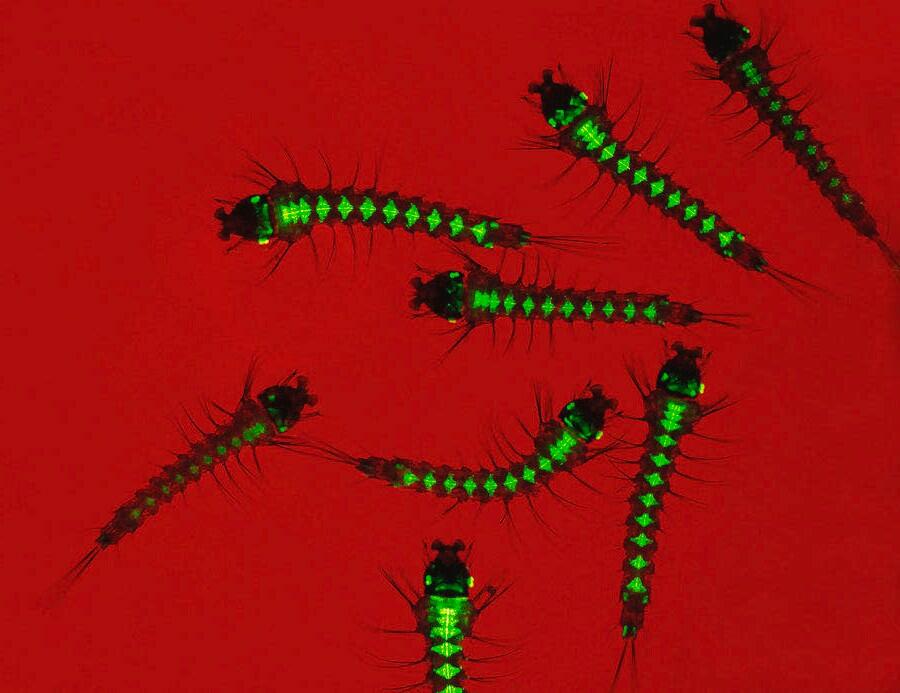
Research led by Liverpool School of Tropical Medicine aims to improve the precision of gene editing technologies used to manage insects that spread disease.
Gene editing can alter key insect traits such as their ability to reproduce, to cause crop damage or to transmit disease-causing pathogens.
However, there are challenges in getting the altered traits into a target population. This means that a large number of modified insects, often tens of millions, need to be released to have a significant impact on the population. This process is costly and logistically challenging, and the effects only last as long as the continuous release of large numbers of modified insects.
As a more powerful alternative, some genetic control methods – such as ‘gene drives’ – have the ability to modify insect populations in a self-sustaining way that requires the release of relatively few individuals. This works by copying the genetic trait in sperm and eggs, so that it can increase rapidly in the population.
The new research, involving LSTM, Keele University and Imperial College London, aims to improve the effectiveness of gene drives by understanding precisely in which cells, and at what time, they must act to produce the desired effect. For example, refining the gene drive activity to a subset of cells or tissue can dramatically improve its performance.
They will also look at ways that the traits associated with the gene drive may be designed to only become active in certain insects or at certain times, for example, if triggered only when the pathogen is detected in the mosquito.
The research is one of 22 new Mission Award projects funded by UKRI to unlock the potential of engineering biology across multiple sectors.
Tony Nolan, Professor in Functional Genetics at LSTM and project lead, said: “Controlling mosquito populations as a means to control diseases like malaria, Dengue and yellow fever is proven and effective. However, we need additional tools as mosquito-borne diseases start to resurge. Modifying mosquito populations, genetically, at scale offers a unique approach that is complementary and, importantly, sustainable and wide-reaching. Maximising the efficiency of these tools through precision genetic engineering that allows them to work where and when needed is crucial.”
Dr Nicole Page, Co-Investigator on the project from LSTM, said: “This is an exciting project because by widening the toolkit for gene editing in the malaria mosquito, we hope to consequently provide new tools for the genetic control of other mosquito vectors or insect pests to help the wider research community tackle both medical and agricultural challenges.”